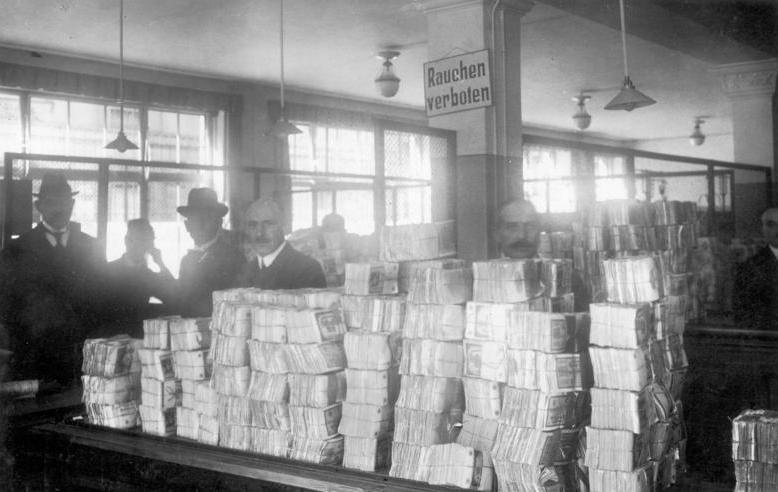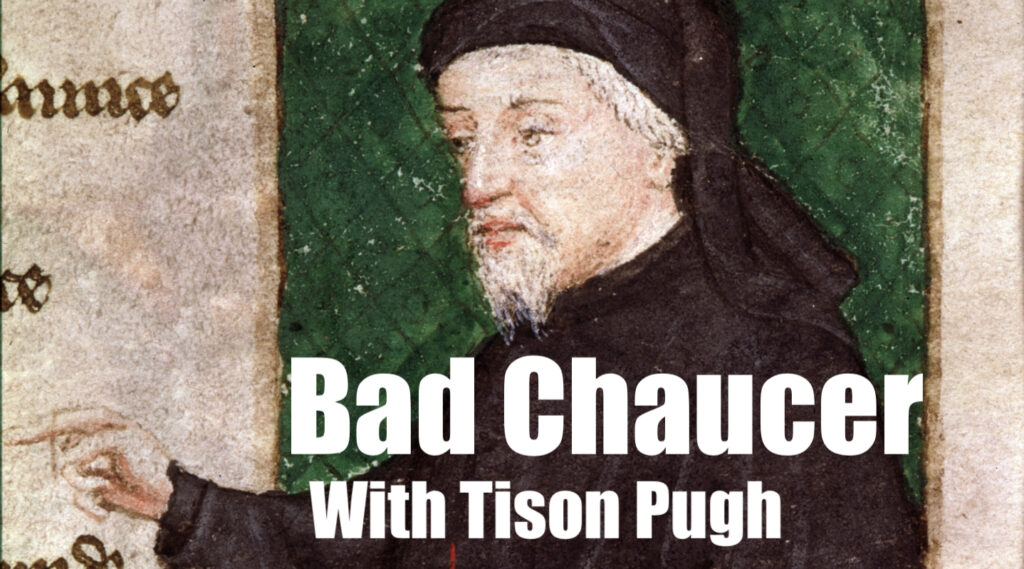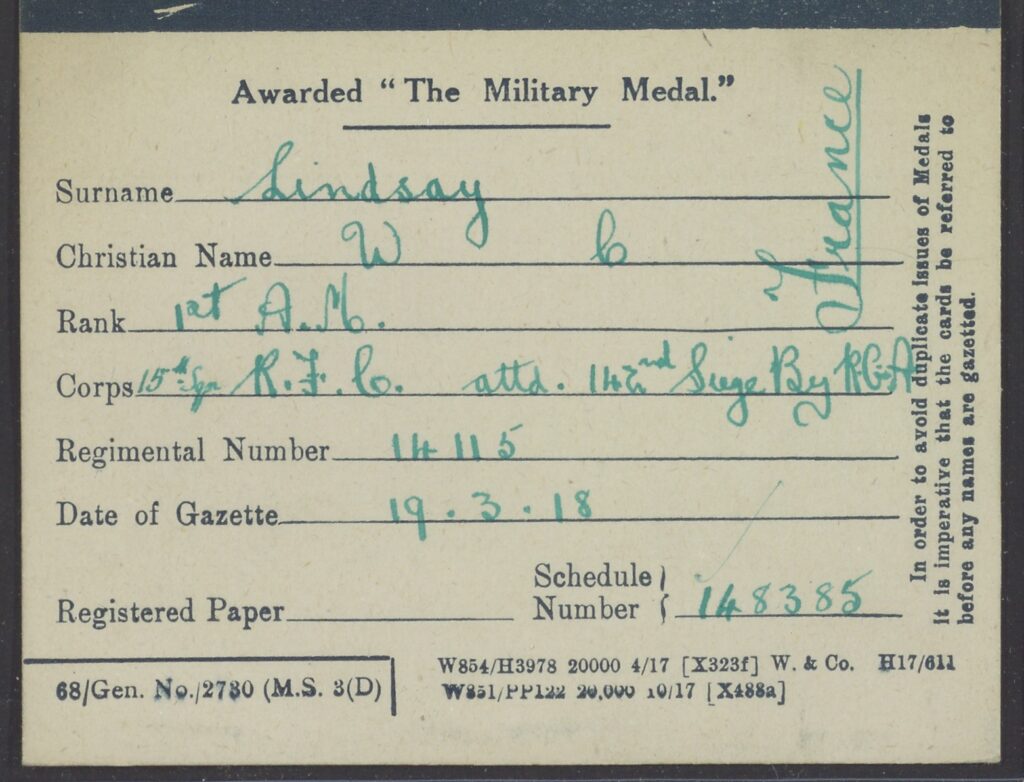Banknotes awaiting distribution during the 1923 German hyperinflation. Source: Bundesarchiv, Bild 183-R1215-506 / CC-BY-SA 3.0, available here.
Early life of Adolf Hitler
A complex history creates the foundation of a man who was able to order the deaths, either directly or indirectly, of over 60 million people. Hitler was a frustrated painter and a vegetarian. His forces occupied 11 countries, some of which he occupied partially, and others completely. Among these countries were Poland, France, Holland, Denmark, Norway, Luxembourg, Yugoslavia, and Greece. Whether we like it or not, the man who failed his initial entrance examinations and who was passed over for positions of leadership, still captured the psyche of nations. Hitler changed the course of history.
The leader of Nazi Germany was born in Austria in 1889. He had reason to hate and fear his father, who was violent towards his mother and used to beat them both severely. In 1907 he attempted to join the Academy of Arts in Vienna, but was rejected twice after he failed the entrance exam. After the death of his mother, Klara Pölzl, at the end of the same year, he moved to live in Vienna, one of the most prominent capitals in Europe. At the time, Vienna’s mayor was a known anti-Semite called Karl Lueger. As a young man who had experienced much violence and rejection, his settlement in Vienna contributed to shaping his ideas, both because of the prominence of and Leuger’s feelings towards the Jews.
World War I broke out in 1914, so at age 28 Hitler volunteered to join thearmy, where he received the Medal of Courage twice during the war. Despite that, he was not promoted. According to his commanders at the time, Hitler did not have the leadership skills necessary. In 1918, the November Revolution took place in Germany, which led to the transformation of Germany from a federal constitutional monarchy to a democratic parliamentary republic.
End of the war
With the end of the war, Germany surrendered and Kaiser Wilhelm II abdicated the throne, and was ordered to be exiled in the Netherlands. In 1919, the Treaty of Versailles was signed, where Germany was obliged to pay large reparations to the winning side. This was also a new chance, and a new opportunity for Germany. Freed from an authoritarian monarchy, it was now possible for there to be a political opening. German philosophical studies flourished, and new political parties began to spread – and spread their ideas.
The new authorities began to penetrate these new groups and parties. They hoped to use this openness to know more about their ideas and orientations. Hitler, who was still in the army, was one of the informants. In 1919, as an undercover informant he went to a bar where some parties were meeting for discussions, to spy on one of the right-wing parties: the Nazi Workers’ Party.
Unlike others in Germany at the time, Hitler did not see this as an opportunity for the nation to grow and form new ideas. The sudden decision to surrender, instead felt like a keen betrayal and only fed the anger inside the young man. After Hitler heard their discussions, he was very impressed by their ideas about the parties’ betrayal of the German Army, and their scapegoating of Jews in Germany’s defeat. Rather than informing others of the anger, Hitler instead joined them. In a short time, he became one of the most prominent leaders in that party eventually known as the National Socialist German Workers’ Party
Nazi Party
Their goals, plainly, were against Judaism, communism and capitalism. Their arrogance was equally as lofty as they believed that as part of the Aryan race, they were themselves descendants of the inhabitants of the legendary continent of Atlantis. To them, who else should rule the world and return Germany to her proud place with all her former glory, power, and prestige? The Nazi Party carried out propaganda and issued its own newspaper to spread its ideas and beliefs. They attracted the attention of additional officers who were against the surrender decision and the government’s plans to reduce the size of the army.
An early ally of Hitler’s was an officer in the German Imperial Army, Ernst Röhm. Initially a friend and ally of Hitler, Röhm was also the co-founder and leader of the “Storm Troopers,” the original paramilitary wing of the Nazi Party. Rather than dispose of the weapons he had taken possession of, Röhm instead armed the militias and party members with them. With a country unstable from a war, and weapons in the hands of angry men who blamed outsiders for their shame and defeat, the party was well positioned to strike for power.
In 1921, Hitler was elected leader of the Nazi Party, and in 1923 the golden opportunity appeared. Because Germany did not have the money to pay its reparations to the Allies, the government decided to print money. The amount of money printed increased without the value increasing in proportion, and the German mark lost its value and collapsed. Prices increased, and a wave of great inflation hit Germany and became known as German hyperinflation.
Continuing instability
In response to the failure to pay reparations imposed by the victorious powers after World War I and the Treaty of Versailles, France and Belgium occupied the Ruhr region of Germany. Hitler felt that this was an opportunity to seize power without elections, and staged a coup d’etat. This failed. Hitler was arrested and was sentenced to five years in prison. The Bavarian Supreme Court pardoned him, however, and Hitler only remained in prison for nine months before he was released.
In 1928, Hitler decided to participate in the elections, losing by 2.5%, as the Germans once again rejected the Nazi proposal. But when the American stock market collapsed in 1929, it had a major impact on the whole world. As unemployment in Germany reached up to an estimated 6 million, the atmosphere became ripe for radical proposals -fertile ground for right-winger Nazis and left-wing Communists.
The Nazi Party took advantage of the opportunity to appear as saviors of the German people, for example, by providing aid to the unemployed, which made them the most popular party in Germany. In 1932, the Nazi Party, led by Hitler, became the largest German party, winning 37% of the votes. In 1933, the President of Germany appointed Hitler as chancellor, and Hitler came to power.
Find that piece of interest? If so, join us for free by clicking here.


